8/20 Torchbearer Weekly Policy Update
Thank you for letting us be your trusted source for local, state, and federal policy updates.
Let’s dig in…
- Mayor Joe Hogsett Introduces $1.7 Billion 2026 Budget
- Braun Taps First State School Safety Director
- ACLU of Indiana Appeals Dismissal Over State’s ‘Intellectual Diversity’ Law
- Texas AG: Lilly Offered Kickbacks to Providers to Prescribe Blockbuster Drugs
- Indiana Sees ‘Historic’ Increase in IREAD Scores. See How Schools Did.
- A White House Visit and Poll Amplify Redistricting Fight in Indiana
- Indiana House Republicans Weigh Redistricting in Closed-Door Caucus
- Busiest Freshmen
- Utility Consumer Advocate Retiring From State Service
- Gen Z’s Double-Whammy
- Share the Torchbearer Newsletter with Your Network!
- Important Dates
Mayor Joe Hogsett Introduces $1.7 Billion 2026 Budget
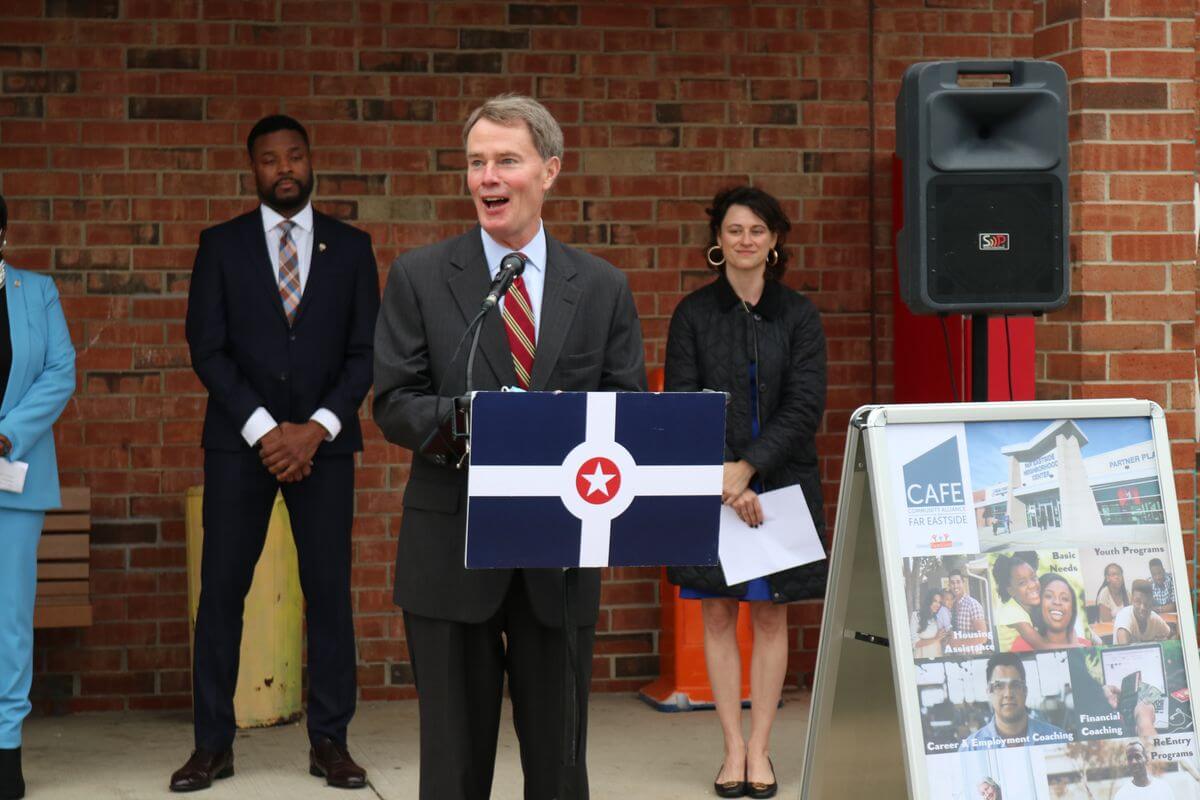
Mayor Joe Hogsett's $1.7 billion 2026 budget proposal makes investments in public safety and roads, but has little room for other new spending.
The big picture: It's larger than the $1.65 billion 2025 budget, but growth is slower than it would have been without legislative changes that cut local property tax revenue by more than $10 million next year.
- The changes also mean that income taxes have surpassed property taxes for the first time as the largest source of revenue for the city.
What they're saying: "We inevitably had to make some difficult decisions this year," Hogsett told the City County Council on Monday night. "We had to ask our agencies to do more with less. But thanks to our strong fiscal discipline over the past 10 years, the city of Indianapolis will not falter."
- "This year's budget reflects the need for operational efficiency while still protecting key investments in our city and its people."
State of play: The city was facing a $43 million hole when it began the budget-writing process.
- Hogsett's proposal closes that with a combination of small cuts to most department budgets and by increasing fees for the Department of Business and Neighborhood Services, which handles licensing, permitting and inspections for the city.
- The city negotiated new labor contracts last year and was constrained by those agreements, which needed to be fully funded by this budget.
Between the lines: The investment in public safety includes funding for more than 1,700 officers — a staffing level the city hasn't hit for several years.
- IMPD Chief Chris Bailey said the funding is still needed, though, to cover the cost of officer overtime that makes up the difference in how many officers are needed and what the city actually has.
The other side: Councilor Carlos Perkins questioned that investment.
- "Public safety is beyond just a badge," he told reporters Monday night. "We're not just funding IMPD. We must ensure that our budget reflects prevention."
Here are some other highlights from Hogett's proposed budget:
- $10 million for strip patching roads.
- $10 million for homelessness initiatives, like the rapid rehousing Streets to Home program.
- $8 million to update tornado sirens and emergency communication, something many communities are reexamining after storms in Texas caused deadly flash flooding.
- $400,000 for the Circle City Readers tutoring program.
- The city also plans $57.7 million for park improvements, partly funded by a Lilly Endowment grant.
What's next: The City-County Council will deliberate on the budget, with public hearings starting Tuesday and a final vote set for October 6.
Braun Taps First State School Safety Director

Gov. Mike Braun has appointed Julie Q. Smith as the inaugural Director of the Office of School Safety.
Why it matters: Smith's appointment reinforces Indiana's commitment to student safety.
- With her extensive experience, including as a former School Resource Officer, Smith is poised to enhance school safety protocols.
The big picture: The Secured School Safety Board, now under this office, increases grant funding from $24 million to $27.1 million annually. (Indiana Capital Chronicle)
ACLU of Indiana Appeals Dismissal Over State’s ‘Intellectual Diversity’ Law

The American Civil Liberties Union of Indiana has filed an appeal to revive its lawsuit against Indiana's "intellectual diversity" law.
Why it matters: The law (from Senate Enrolled Act 202 of 2024) mandates fostering intellectual diversity in state universities, but the ACLU argues it threatens academic freedom and First Amendment rights.
- The law requires universities to report violations, affecting how professors teach controversial topics.
Current status: A federal judge dismissed the lawsuit, citing no current harm to plaintiffs, as policies remain unimplemented. The ACLU seeks to overturn this decision and secure a preliminary injunction against the law. (WISH TV)
Texas AG: Lilly Offered Kickbacks to Providers to Prescribe Blockbuster Drugs

Texas Attorney General Ken Paxton has accused Eli Lilly and Co. of engaging in a kickback scheme to promote its drugs, including Mounjaro and Zepbound.
Why it matters: The lawsuit claims that Lilly offered illegal incentives to Texas providers, potentially compromising medical decisions and increasing costs to Medicaid.
- Allegations include providing nursing support services to sway prescriptions.
- Similar claims targeting Lilly have been dismissed by courts and the federal government.
The big picture: Lilly's GLP-1 drugs, pivotal to its recent revenue surge, face legal challenges.
- The company reported $3.3 billion in U.S. revenue for Mounjaro in Q2 2025.
- Other lawsuits allege adverse effects from GLP-1 drugs like Trulicity and Mounjaro. (Inside Indiana Business)
Indiana Sees ‘Historic’ Increase in IREAD Scores. See How Schools Did.

Indiana's third graders showed a significant increase in reading proficiency, with 87.3% passing the IREAD test, marking a nearly 5% rise from last year.
Why it matters: This jump in scores represents the largest year-over-year improvement, highlighting the success of recent educational initiatives.
- Despite the gains, the impact of the new retention law on students who did not pass remains uncertain, with data to be released after the fall count day on Oct. 1.
Key initiatives: Early IREAD testing and the Indiana Literacy Cadre have been pivotal.
- Testing in second grade allows for earlier intervention, giving students five opportunities to pass the IREAD by third grade.
- The Literacy Cadre provides targeted support with instructional coaches and specialized training for teachers.
Broader impact: The proficiency rates are back to pre-COVID levels, demonstrating recovery from pandemic-induced learning disruptions.
- All student groups, including those based on ethnicity, special needs, and socioeconomic status, saw increases in reading scores.
- Black and Latino students, as well as special education and English language learners, saw notable improvements of over 7 percentage points.
What’s next: State officials aim for a 95% proficiency rate and will continue to refine strategies to support student literacy. (IndyStar and Indiana Capital Chronicle)
A White House Visit and Poll Amplify Redistricting Fight in Indiana
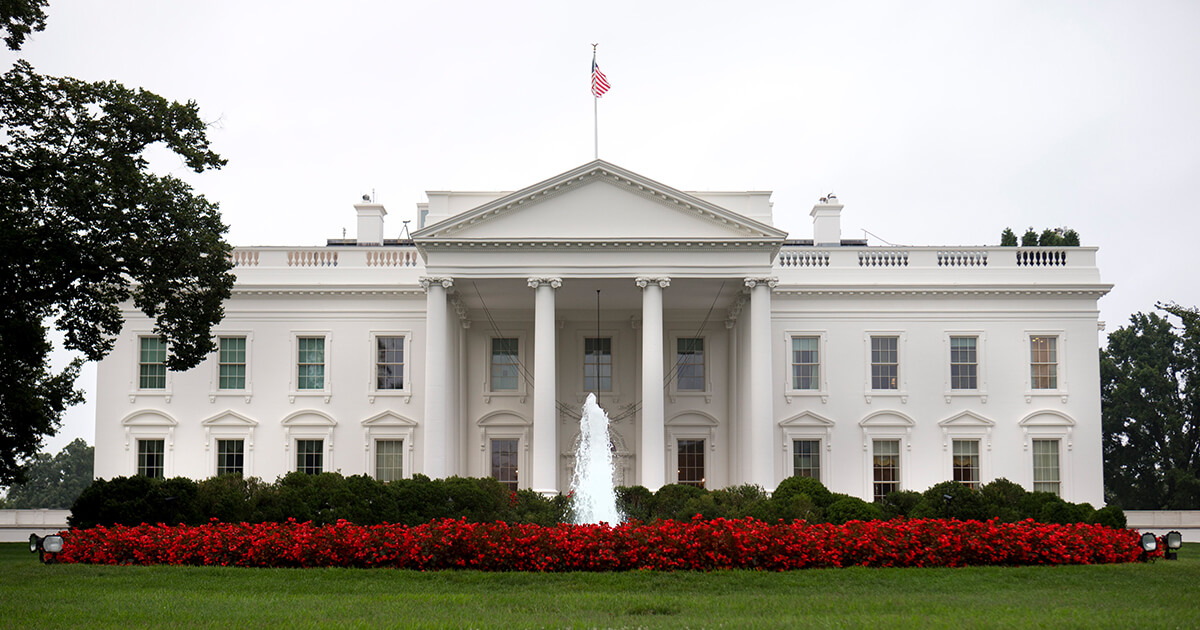
Pressure is mounting on Indiana Republicans as the White House invited state lawmakers to discuss potential redistricting. National conservative activist Charlie Kirk criticized House Speaker Todd Huston and Senate President Pro Tem Rodric Bray, adding to the pressure.
Why it matters: The push for redistricting aims to secure more GOP seats in Congress, impacting Indiana's political landscape.
- Vice President JD Vance's visit emphasized the importance of new congressional maps for a Republican majority in the U.S. House.
- Currently, Republicans hold a 7-2 advantage, but targeting the 1st and possibly 7th Districts could shift power dynamics.
What’s next: Indiana GOP lawmakers are being polled on their views about redistricting, with a focus on its political risks.
- A White House meeting on August 26th will provide further insights, though redistricting isn't officially on the agenda.
- The outcome could influence whether Governor Braun calls a special session. (Indiana Capital Chronicle)
Indiana House Republicans Weigh Redistricting in Closed-Door Caucus
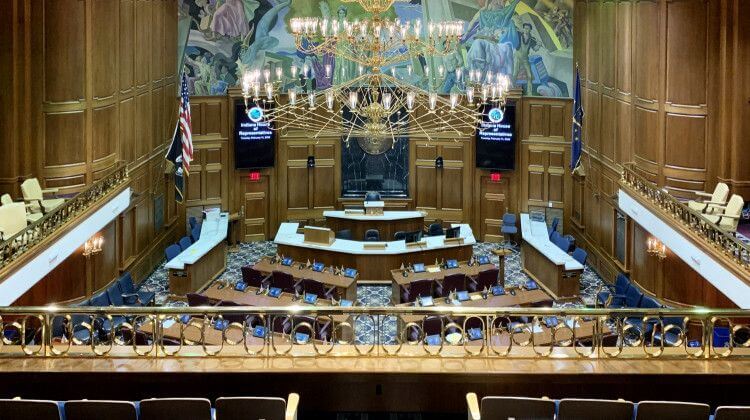
House Republicans in Indiana met privately Monday to consider redrawing the state's congressional map, amid national pressure to bolster GOP control in D.C.
Why it matters: The decision could reshape representation for Hoosiers, potentially strengthening Republican influence in Congress.
- This move aligns with national GOP strategies to secure seats for 2026.
- Redistricting could challenge the status quo, introducing more competitive races.
What they're saying: U.S. Rep. Marlin Stutzman and others voiced support, citing Democratic gerrymandering as a catalyst.
- U.S. Rep. Victoria Spartz and others support the move as a counter to perceived Democratic strategies.
- Critics, like State Rep. Ed Clere, warn of potential legal challenges and the risks of rushing the process.
Details: The meeting included discussions on potential legal implications and the necessity of public hearings to avoid challenges.
- House Speaker Todd Huston emphasized ongoing talks without committing to a timeline.
What's next: GOP legislators plan discussions at the White House, with the possibility of a special session in Indiana hinging on consensus among state lawmakers. (Indiana Capital Chronicle)
Busiest Freshmen
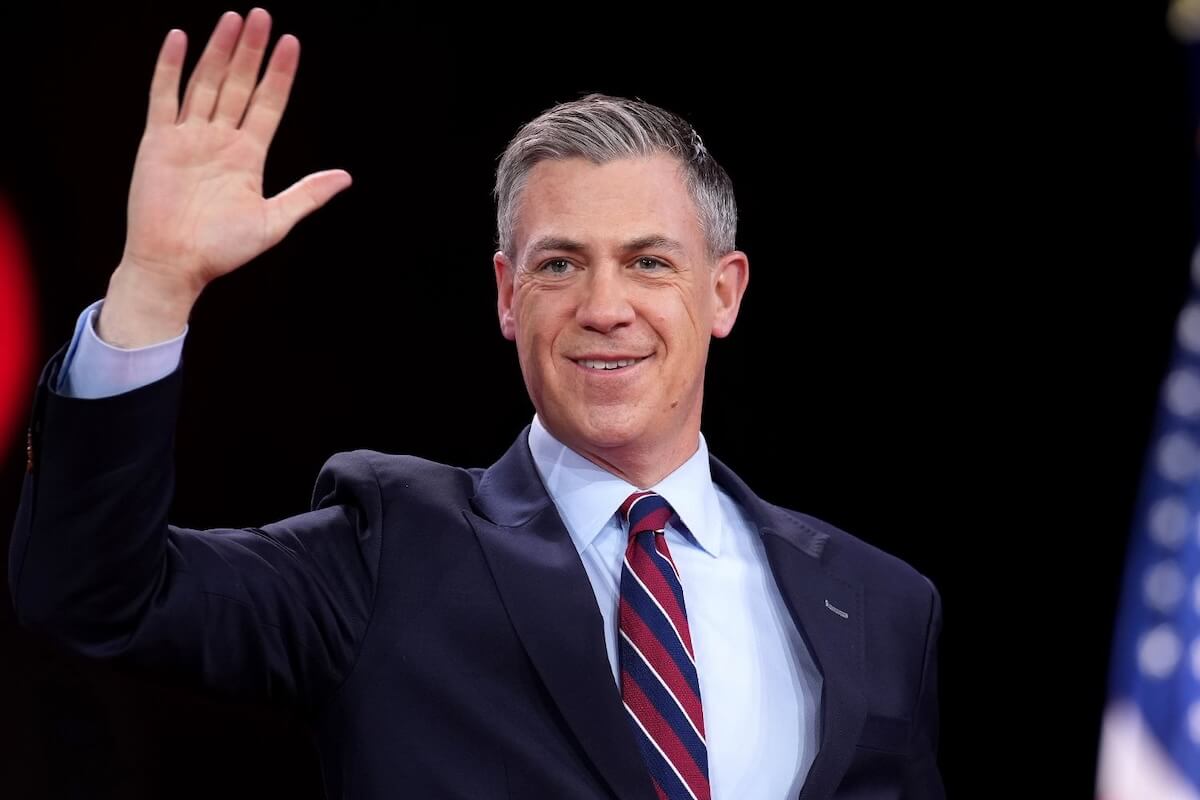
Sen. Jim Banks (R-Ind.) has sponsored at least twice as many pieces of legislation as any other freshman senator so far this Congress, according to Quorum data.
- Why it matters: The freshman class is packed with ambitious senators, from new MAGA leaders like Banks and Bernie Moreno (R-Ohio) to potential 2028 contenders Ruben Gallego (D-Ariz.) and Elissa Slotkin (D-Mich.).
🔎 Zoom in: Banks has also sponsored the most bipartisan bills out of the freshman class, working across the aisle on seven.
- Sen. Dave McCormick (R-Penn.) came in second for bipartisan bills, sponsoring four.
- Sens. Tim Sheehy (R-Mont.) and Ashley Moody (R-Fla.) each sponsored three bipartisan bills. (Axios)
Utility Consumer Advocate Retiring From State Service

Longtime Utility Consumer Counselor William Fine is stepping down effective Aug. 31, creating a significant opportunity for Gov. Mike Braun to influence the direction of Indiana's utility sector.
Why it matters: Fine's departure after leading the Office of Utility Consumer Counselor (OUCC) since 2017 paves the way for new leadership in advocating consumer interests in utility matters.
- The OUCC plays a crucial role in ensuring fair utility services for all Indiana residents.
The big picture: Fine's tenure included representing Indiana consumers in numerous state and federal utility regulatory proceedings.
- His leadership involved overseeing a team of over 50 professionals dedicated to consumer advocacy and education.
What's next: Gov. Braun will appoint Fine's successor, who will continue to represent Indiana's ratepayer interests.
- The Indiana Utility Regulatory Commission will also see a leadership change soon, with Chairman Jim Huston retiring in January 2026. (Indiana Capital Chronicle)
Gen Z’s Double-Whammy
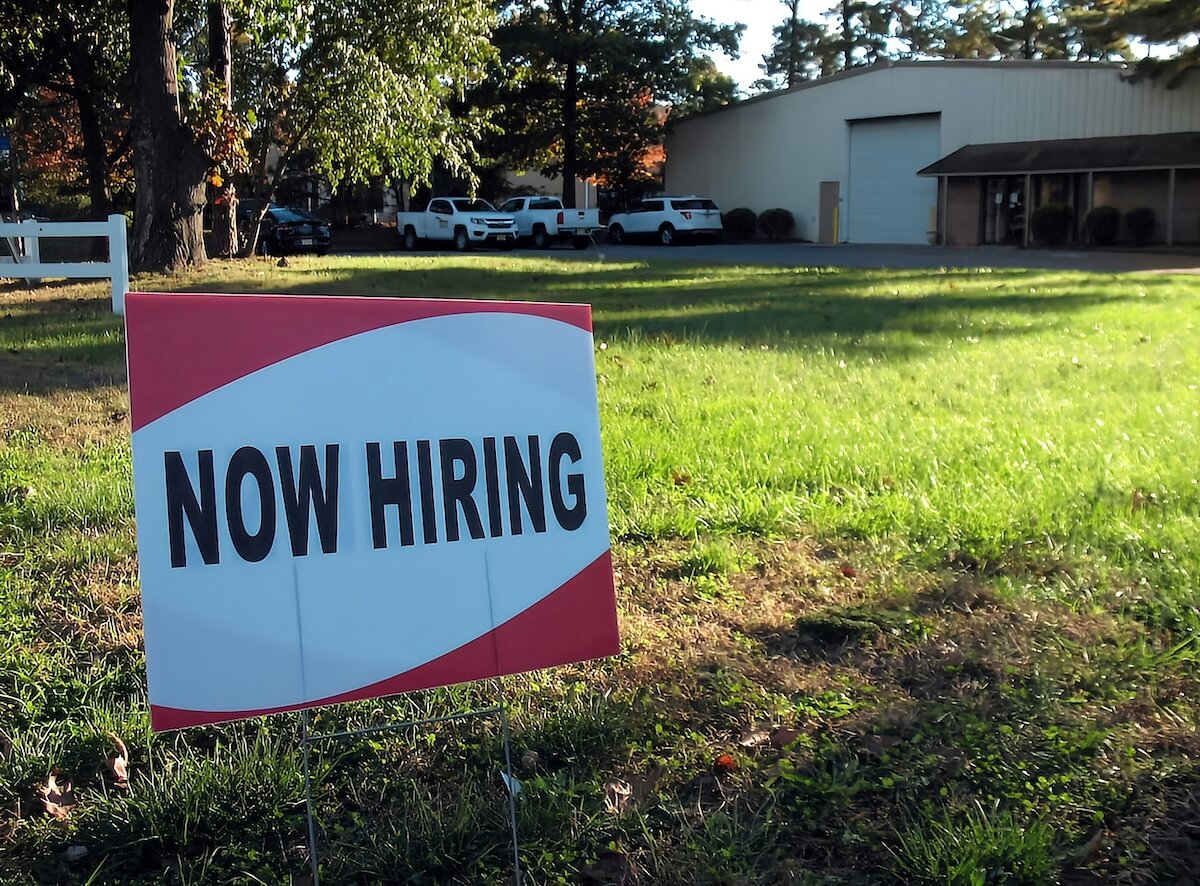
New graduates are having an especially tough time landing a job right now: The share of unemployed Americans who are new to the workforce is at a 37-year high, Axios' Emily Peck writes.
- Why it matters: It's a sign of how reluctant companies have been to hire amid ongoing economic uncertainty over tariffs and policy.
🧮 By the numbers: 13.4% of unemployed Americans in July were "new labor force entrants," those looking for jobs with no prior work experience, including new high school and college graduates.
- It's the highest number since 1988, according to the Federal Reserve Bank of Richmond.
Between the lines: The frozen hiring market is a "double-whammy" for Gen Z, says John O'Trakoun, an economist at the Richmond Fed who did the research.
- Many of these job hunters entered college at the height of pandemic lockdowns. (Axios)
Share the Torchbearer Newsletter with Your Network!

Not signed up for our weekly newsletter? Sign up today!
Important Dates:

State Board of Education Rulemaking Hearing: Friday, August 22 at 10:00 am
Artificial Intelligence Task Force: Thursday, August 28th at 2:00 pm
Artificial Intelligence Task Force: Monday, September 8th at 1:00 pm
Interim Study Committee on Agriculture and Natural Resources: Thursday, September 11th at 1:00 pm
Interim Study Committee on Energy, Utilities, and Telecommunications: Wednesday, September 24th at 1:30 pm
Interim Study Committee on Pension Management Oversight: Wednesday, September 24 at 1:30 pm
